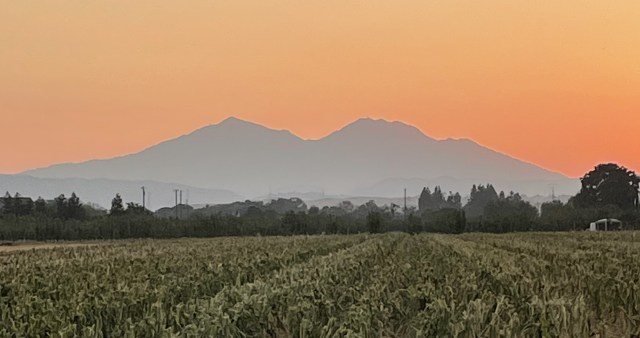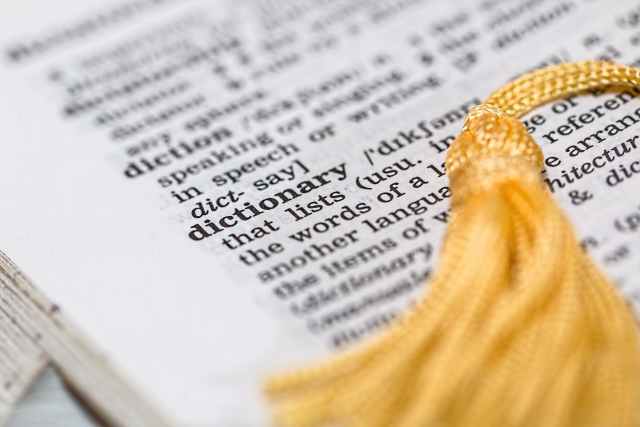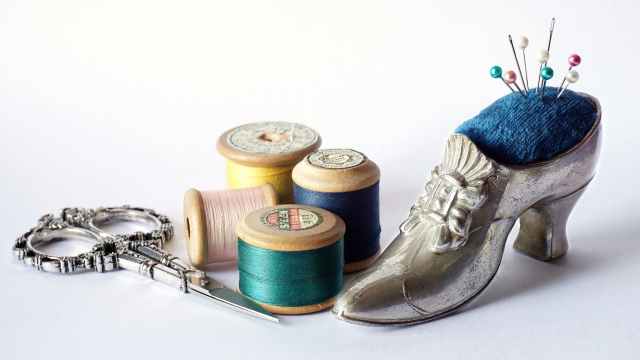Your cart is currently empty!

My Gallbladder Journey
When my gallbladder was removed in October of 2017, I thought it would solve so many of my digestive issues. I have gotten better but it took me much longer than the surgeon or all of my doctors thought it should. This has been a very trying (and expensive) 10 months but I have finally…

When my gallbladder was removed in October of 2017, I thought it would solve so many of my digestive issues. I have gotten better but it took me much longer than the surgeon or all of my doctors thought it should. This has been a very trying (and expensive) 10 months but I have finally turned the corner and wanted to share my discovery with you.
Before my surgery, I would describe my eating as almost intermittent fasting. If I ate anything during the day, it was a small amount and low carb/keto (a bit of meat or cheese … something like that). My biggest meal was dinner with my husband and, to get in all my calories, it was a pretty big meal.
After my gallbladder was removed and I was healed, the surgeon said, “Go back to eating like you normally do.” So, I did and that was a HUGE mistake. I did my best to slowly ease back into my typical eating pattern but once I did, it was awful! It would vary between instant nausea as soon as food touched my stomach to feeling like I had a giant boulder in my gut. My stomach was distended and painful, lasting for up to 6 hours at a time.

When I was little I was told that a horse’s intestines could get knotted up when they rolled around on the ground (I still don’t know if that’s true … never bothered to look it up). This is what went through my head after I had my gallbladder removed: I thought there was something terribly wrong and my intestines would just explode if I kept eating anything solid. I finally went back to the doctor and that is when the expensive part of this “adventure” began.
First, my gastroenterologist told me to eat low-fat, no solid meats, and low fiber (I have a friend who describes this as the “white bread diet”). So, that’s what I did, eating ground, low fat meats, eggs, cottage cheese, rice, potatoes (without skins), etc. It did ease some of my symptoms but it caused others (like a 20 pound weight gain).
Next, I had an ultrasound, CT scan, MRI, upper endoscopy, colonoscopy and so much blood work that the lab technician knows me by name. So, what did they find? I have a minor hiatal hernia, GERD, and had 2 polyps removed. Were any of these the cause of my specific gut issues? Nope! None of the doctors knew (or know) what has caused any of my symptoms but I think I have figured it out (thanks to Google).
I tried digestive enzymes. I tried ox bile. I tried apple cider vinegar (this and the ox bile gave me instant heartburn). Then, while frantically Googling, I finally discovered what was causing my issues: I was eating too much food at one time. See, The gallbladder stores bile. When we eat fats/protein, the gallbladder releases enough bile to aid in digestion. Without a gallbladder, bile is slowly released constantly by the liver. So, if you eat a lot of fats or protein at one time, it takes more time to digest.
So, I started eating smaller meals throughout the day instead of one giant meal. Then, I slowly started cutting back on my carbohydrates and adding fats. This has made a huge difference and has enabled me to finally lower my carbohydrates back down to below 20 grams total for the first time in over a year! I read that, over time, my body may adjust on its own (by maintaining a higher level of bile in my digestive tract). This seems to be the case because last week I was able to eat a large T-bone steak without any discomfort at all! Overall, though, I am happy with eating 6 or so small meals per day.
I may never be able to ever do intermittent fasting again but I am thrilled to be able to eat my glorious fatty meats again!
Next week, I will share about my next major health hurdle: atrial fibrillation.
2 responses to “My Gallbladder Journey”
-
Hi – just started following your blog. Great! I had similar problems with my gallbladder. I started having a low carb pea protein shake for breakfast with 2 tablespoons of flaxseed meal and 1 tablespoon of resistant starch. It took a week, but no more pain. If you aren’t used to resistant starch – can cause a little gas. Now I can eat almost anything and no problem. I know it is a little more carbs than the Atkins 72, but I am back on the diet and losing weight and no pain in the gallbladder. The resistant starch is a prebiotic…helps us get all those good bugs back in our system.
-
Thank you for this! A year later and I am still guessing what I can/cannot eat. I can’t wait to give this a shot!
-





Leave a Reply